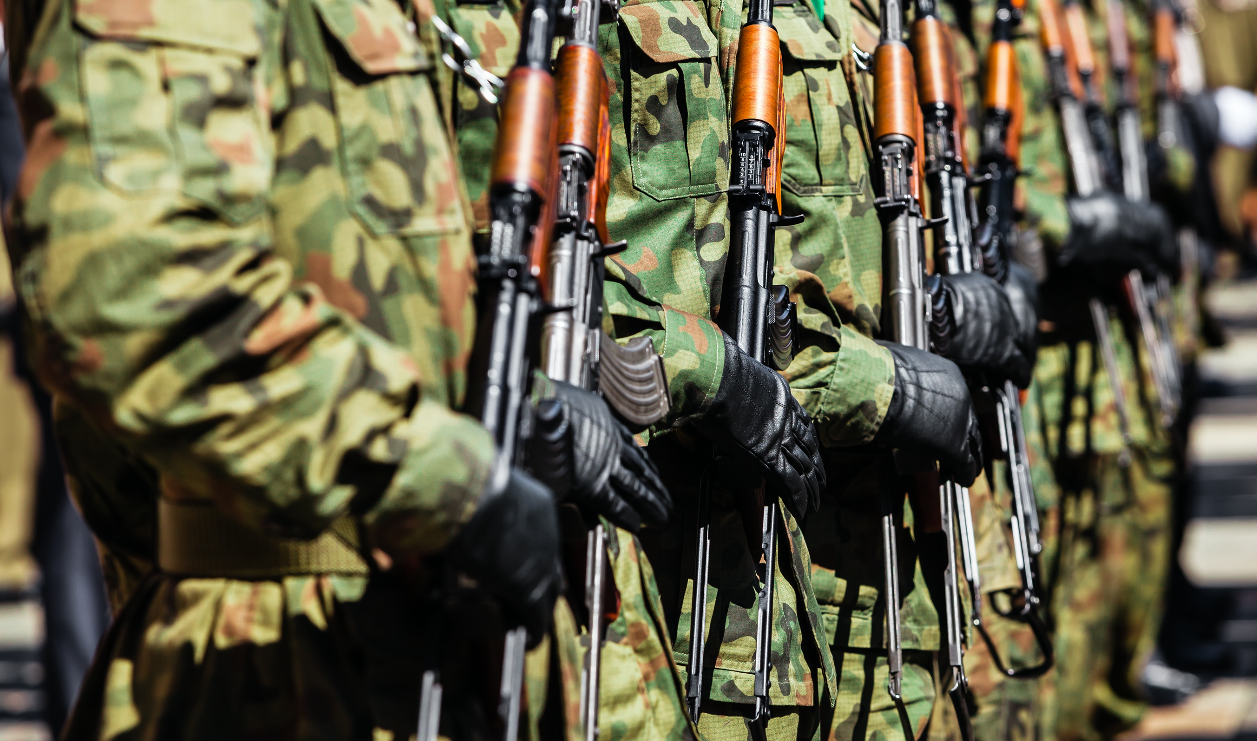Struck by terrorism and organized crime, Nigeria is experiencing one of Africa's worst security crises. To cope with this situation, Abuja now wants to rely on Russia, already present in other theaters of conflict in Africa.
The Russian and Nigerian governments signed a new military cooperation agreement. The announcement was made by the Nigerian Embassy in Moscow, in a statement issued on August 25. The agreement mainly covers the sectors of the sale of arms and military equipment as well as the training of troops, we learn.
According to the Nigerian Embassy statement, it “provides a legal framework for […] the provision of after-sales services, staff training […] and technology transfer, among others.” The signing of this agreement comes in a difficult security context for Nigeria, hit for several years by terrorist attacks and repeated kidnappings which have exacerbated criticism of the management of the country by President Muhammadu Buhari.
The latter is increasing the number of arms acquisition agreements, especially with the United States, but is struggling to put an end to a terrorist threat that he had promised to eradicate during his first term. For Moscow, this new agreement offers a new opportunity to expand its influence on the continent, by becoming a benchmark partner of the continent’s leading economic power in terms of GDP.
Indeed, in recent years, the security sector has been the main axis of progress for the Kremlin in Africa, which has notably come to establish itself as a key player in the resolution of the crises in Libya and the Central African Republic. According to the Stockholm International Peace Research Institute (Sipri), since 2014 Russia has been the main supplier of arms to the African continent with 49% market share in 2019 against only 14% for the USA, 13% for China and 6.1% for France.
And yet, these estimates only take into account the official figures. Because of the wars of influence between them, Western countries have often shown their concern about this increased Russian involvement in African security crises.
Despite this mistrust, several African countries appear increasingly in favor of strengthening their relations with Moscow, as evidenced by the presence of some forty heads of state from the continent at the 2019 Africa-Russia summit in Sochi.
For the time being Muhammadu Buhari seems to want to diversify his security alliances, and no longer rely solely on the United States, traditional allies of Abuja, which had also suspended an arms sale operation due to allegations of violation. of human rights. A scenario that has a very low chance of being repeated with the new Russian partner who has always advocated non-interference in the modes of governance of its allies.























Réagissez à cet article